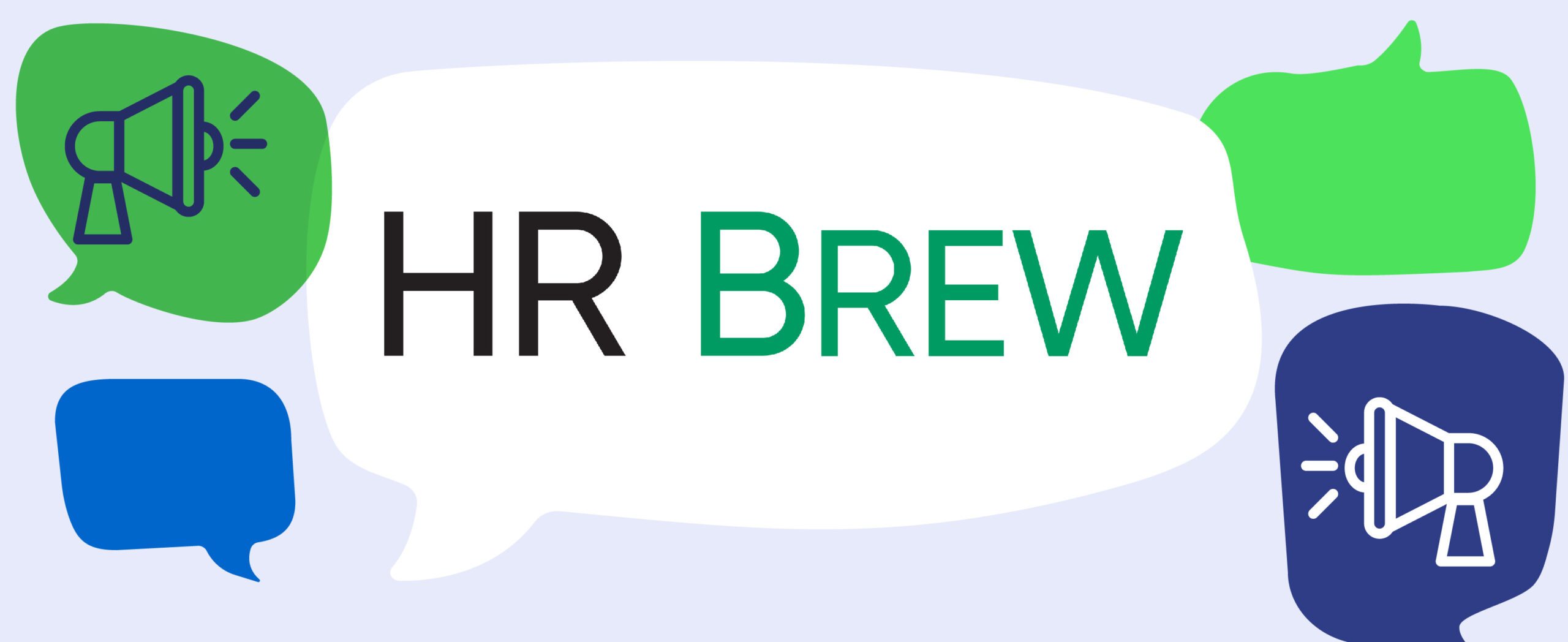
This seventh annual list was created in partnership with market research firm Statista, and is based partly on survey responses from more than 170,000 individuals working for organizations with at least 1,000 employees within the United States. Participants were asked to anonymously rate their employers’ approach to diversity, equity and inclusion (DEI) as it pertains to criteria such as age, gender, ethnicity, disability and sexual orientation. Survey respondents were also asked to rate companies they knew either through their industry or through friends and family members employed there.
Analysts then researched and assessed more than 1,300 employers on four DEI best practices: representation (such as the percentage of women in leadership roles), accountability and communication (such as the publication of a yearly report on the demographic makeup of employees), internal initiatives (such as employee resource groups aka ERGs), and external involvement (such as the presence of supplier diversity programs). Survey results and research were then incorporated into a scoring model, and the 500 companies with the highest scores made the final list.
Given that about 27% of American adults have a disability, and about 70% of those disabilities are invisible, says Jill Houghton, president and CEO of Disability:IN, a global nonprofit that promotes disability inclusion in business, organizations can’t afford to dismiss their needs. And while much has been accomplished since the passage of the Americans with Disabilities Act (ADA) in 1990, a significant amount of work remains to be done. “Before the ADA, people couldn’t get on the bus; people couldn’t get in the building, but the new front door—and it’s not so new—is technology,” says Houghton.
Case in point: Disability: IN’s 2023 Disability Equality Index report—which benchmarks disability inclusion policies and programs among 485 participating companies in corporate America—found that only 45% of companies have conducted studies to verify that their communications options work effectively with screen reading and other assistive technology; and just 58% of employers enable managers to access funds that accommodate the needs of employees with disabilities.
Still, in other disability-related areas, change has come more quickly. The same report found that 89% of companies have a disability-focused ERG, and 85% offer employee retention and advancement programs that focus on or include employees with disabilities.


